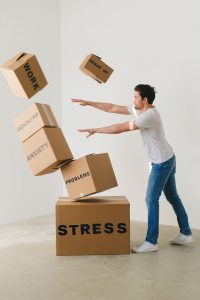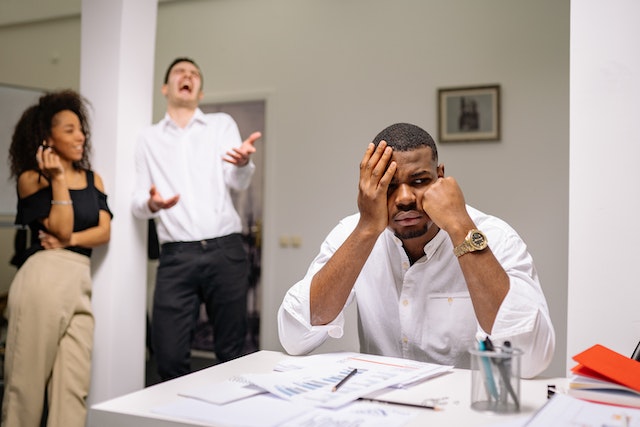9 Strategies to Feel More Comfortable in Social Situations Living a life with social anxiety disorder presents challenges, causing trembling, dizziness, and fear of criticism or rejection even in casual social situations. Engaging in conversations with co-workers, purchasing groceries from stores, eating meals at restaurants or cafes, attending educational institutions and going on romantic outings
9 Strategies to Feel More Comfortable in Social Situations
Living a life with social anxiety disorder presents challenges, causing trembling, dizziness, and fear of criticism or rejection even in casual social situations. Engaging in conversations with co-workers, purchasing groceries from stores, eating meals at restaurants or cafes, attending educational institutions and going on romantic outings all may be hindered by the effects of severe social anxiety. However, managing social anxiety is an achievable goal. Here are nine strategies to help you feel more comfortable in social situations and interact with others more easily:
Talk with a Therapist
Social anxiety exceeds basic shyness and affects mental well-being. Obtaining professional support from a therapist can provide insightful perspectives, effective strategies for coping, and various relaxation techniques to successfully manage anxiety. Social skills can also be practiced through group therapy or support groups Have the potential to offer chances for practicing social skills.
Explore Triggers
Understand the specific situations that trigger your anxiety. Identifying these triggers will Assist you in discovering solutions and establishing techniques for dealing with the situation. to handle those feelings smoothly.
Challenge Negative Thoughts
Battle with negative thoughts about potential social faux pas. by practicing realistic thinking. Question and replace anxious thoughts with more helpful and balanced perspectives.

Photo by SHVETS production: https://www.pexels.com/photo/man-falling-carton-boxes-with-negative-words-7203956/
Take Small Step
Start with little changes to challenge your comfort zone. Initiate small exchanges such as engaging in casual conversation with a cashier or politely signaling for attention by raising your hand during class.
Role-play with Trusted Individuals
Practice social interactions and scenarios with friends or family members you trust. Role-playing has the potential to assist in enhancing your readiness to manage circumstances that could potentially induce anxious feelings.
Try Relaxation Techniques
Implement relaxation practices including 4-7-8 breathing and progressive muscle relaxation to ease physical symptoms associated with anxiety.
Practice Acts of Kindness
Perform small acts of kindness to decrease the desire to avoid social situations. Interacting positively may alleviate concerns about being rejected and foster beneficial associations with social engagement.
Limit Alcohol
While alcohol may initially seem to ease social anxiety, it can ultimately intensify anxiety and create dependency. Consider mindful drinking and limit alcohol consumption.

Photo by Med Yassin Ghaoui: https://www.pexels.com/photo/gallantry-whiskey-bottle-beside-glass-2529468/
Avoid Subtle Avoidance Tactics
Pay attention to any tendency you have to evade genuine interactions by relying on shallow actions. Embrace the chance to authentically connect and cultivate meaningful bonds.
It requires a gradual process and dedicated work. Through regular practice and assistance, your confidence in social situations can improve over time and establish significant connections. Remember that everyone makes mistakes, Furthermore, having awkward experiences is a fundamental element of our humanness. Through questioning negative thoughts and slowly addressing your fears, you can cultivate a greater number of optimistic encounters and establish stronger bonds with others.

















Leave a Comment
Your email address will not be published. Required fields are marked with *